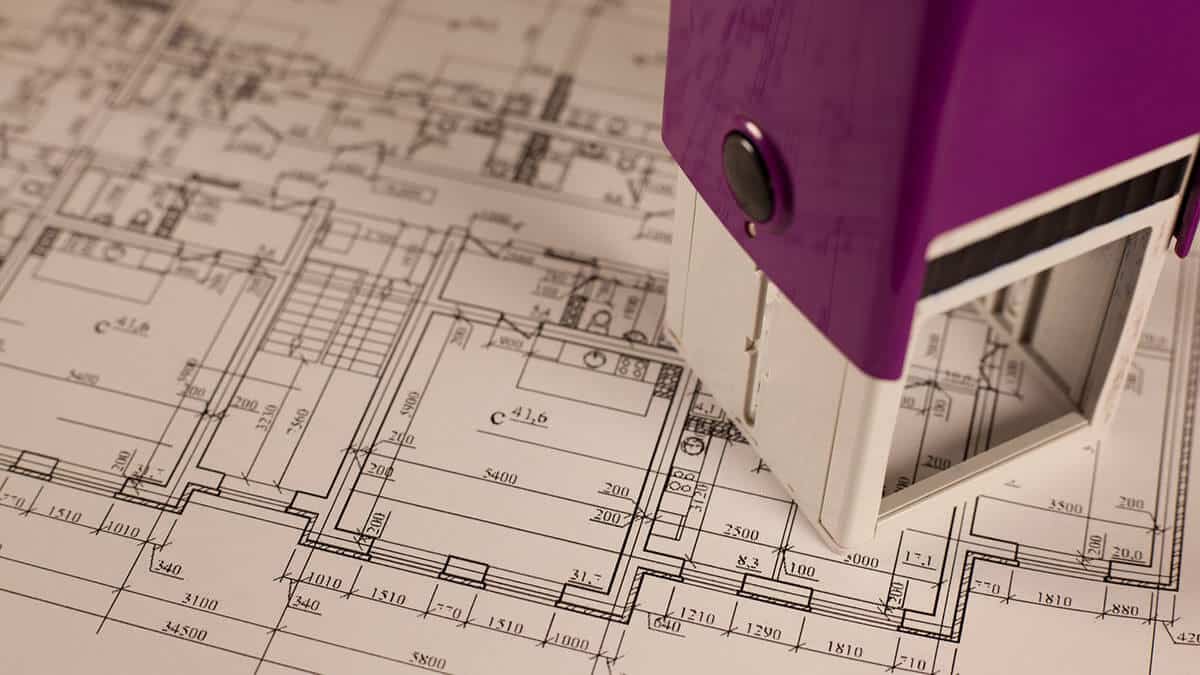
Mastering Home Appraisals: What You Need to Know in Today’s Market

Home appraisals serve as the definitive method for accurately gauging your property’s value. In the context of securing a mortgage, a favorable home appraisal is an absolute necessity.
In the intricate world of real estate, an experienced appraiser plays a pivotal role, benefiting both sellers and buyers. An exacting appraisal not only ensures that lenders extend loans in proportion to the property’s actual value but also shields prospective homebuyers from overpaying for their dream homes.
Nevertheless, this merely scratches the surface. Irrespective of whether you intend to sell, purchase, or refinance, a precise appraisal constitutes a pivotal phase in the overall process.
Keeping up with accurate market selling prices empowers you to adjust the house’s price, subsequently enhancing its overall value. Now, let’s delve into the essence of the main purpose of an appraisal in the home sale process.
Home Appraisal. Everything you need to know
Let’s start with the basics: What exactly is a home appraisal? A home appraisal is a meticulous process conducted by a licensed appraiser who thoroughly inspects a property to determine its true market value. This assessed value is not always the same as the listing price set by the seller. The appraiser collects all relevant data during the inspection and compiles their findings into a comprehensive report, ultimately arriving at the home’s appraised value.
In cases where a buyer is securing financing through a loan, the lender usually takes charge behind its significance of ordering the appraisal. This is a critical step to ensure that the lender does not overextend in lending more money than the property is worth. Consequently, some lenders may require buyers to include an appraisal contingency in their offers.
What Do Home Appraisers Estimate?
Before setting foot on the property, the appraiser delves into market data concerning similar homes in your neighborhood that have sold within the past three to six months. This dataset, often referred to as comparable data or comps, serves as a reference point. It aids the appraiser in comprehending the prevailing selling prices in your locality, thereby establishing a fundamental valuation for your property.
Upon arriving at your residence, the appraiser scrutinizes various aspects that can influence the property’s worth. These factors encompass:
- Floor Plan Functionality: The layout coherence, ensuring that the home is easy to navigate and live in.
- Construction Quality: The quality of materials used in construction, as modern materials often enhance safety and efficiency, contributing to higher appraisal values.
- Property Condition: The overall state of the property, including any need for significant repairs or renovations.
- Value-Enhancing Features: Consideration of elements that can elevate the property’s value, such as heating and air conditioning systems, curb appeal, available garage space, recent home upgrades, scenic views, and adherence to neighborhood norms.
- Comparability to the Neighborhood: Assessment of whether the property aligns with the neighborhood’s characteristics, as a home with a significantly different style in a historic neighborhood, for instance, may face valuation adjustments.
- Additional Factors: Any other elements that might either augment or diminish the property’s value when compared to the comparable data.
How Long Does a Home Appraisal Usually Take?
The home appraisal process typically spans seven to ten days, encompassing several essential steps.
Firstly, the appraiser schedules a visit to the property, during which they allocate about one to two hours to inspect the interior and exterior. This on-site examination involves measuring the square footage and carefully assessing the various features and fixtures of the home.
Following the property inspection, the appraiser proceeds with additional research. This step involves comparing the subject property to similar homes recently sold in the area, commonly referred to as “comps.”
Finally, after completing the physical inspection and conducting the necessary research, the appraiser compiles their findings into a detailed appraisal report. The overall duration of this process can vary based on factors such as the complexity of the appraisal, the appraiser’s workload, and their scheduling commitments.
What Happens After a Home Appraisal?
The course of action following a home appraisal largely depends on the purpose behind its request. If the homeowner sought the appraisal for their personal information, they will have the report at their disposal to use as they see fit.
More commonly, however, a home appraisal is initiated by a lender as part of a residential real estate transaction. In such cases, the next step is typically the mortgage underwriting process. The underwriter’s role is to evaluate the level of risk associated with the loan, and they rely on the appraisal report to make decisions regarding loan approval or denial based on this risk assessment. Once the underwriting process is completed and the loan either gets approved or denied, the buyer will proceed to the closing stage if the loan is approved. If there are any issues related to securing the loan, the buyer and seller may need to collaborate to resolve them. If unresolved, the seller retains the right to withdraw from the agreement.
Appraisal vs. Home Inspection: Distinguishing Between the Two
When it comes to property evaluation, appraisals and home inspections share similarities but serve distinct purposes.
An appraisal primarily aims to establish the monetary value of a property, considering various factors like its condition, the local real estate market, and comparable properties nearby. Conversely, a home inspection concentrates solely on a specific property, focusing on its major components and overall condition to ensure safety and structural integrity.
Typically, a home appraisal is carried out independently of the buyer or seller. The appraiser shares their findings with both parties and the lender upon completing their report. In contrast, during a home inspection, it’s common for the buyer to personally explore the property, giving them the opportunity to inquire about any concerns and receive explanations from the inspector.
Appraisals primarily involve interactions between the buyer and their lender, but sellers can also be impacted by the results. Home inspections, however, establish direct communication between the buyer and the seller.
While it might appear that appraisals and home inspections primarily benefit the buyer, sellers should also recognize their significance. These evaluations can significantly influence the final sale price and the seller’s profitability. Sellers typically aim for the appraisal value to align with the offer, ensuring that the buyer secures an adequate loan. If the appraisal falls short, it may necessitate lowering the sale price, resulting in an appraisal gap. Furthermore, if a comprehensive home inspection uncovers substantial issues, the buyer may negotiate for a reduced price or request the seller to cover costly repairs.
Factors Lowering Home Appraisal
The location of your home holds significant sway over its appraisal when selling a house. This aspect can either enhance or diminish its value. For instance, residing in an undesirable neighborhood or being situated near less appealing features like a junkyard, power lines, or a bustling street can have an adverse impact on the property’s appraisal. Conversely, if your house is nestled in an attractive, well-maintained neighborhood and is conveniently close (though not overly so) to quality amenities like a supermarket, it can command a higher appraisal value.
While you can’t alter your property’s location, there are several ways to positively influence other factors that contribute to a home appraisal for selling a house. Elevating your curb appeal, ensuring the house is impeccably clean and well-kept, and addressing minor repairs, cosmetic issues, and routine maintenance tasks can all work in your favor.
In theory, the tidiness of your home shouldn’t significantly affect its appraisal. However, it’s important to remember that appraisers are human beings, and even subtle factors like clutter and dust, though unconscious, can potentially influence their judgment.







